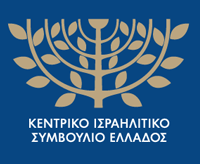THE JEWISH COMMUNITY OF KASTORIA
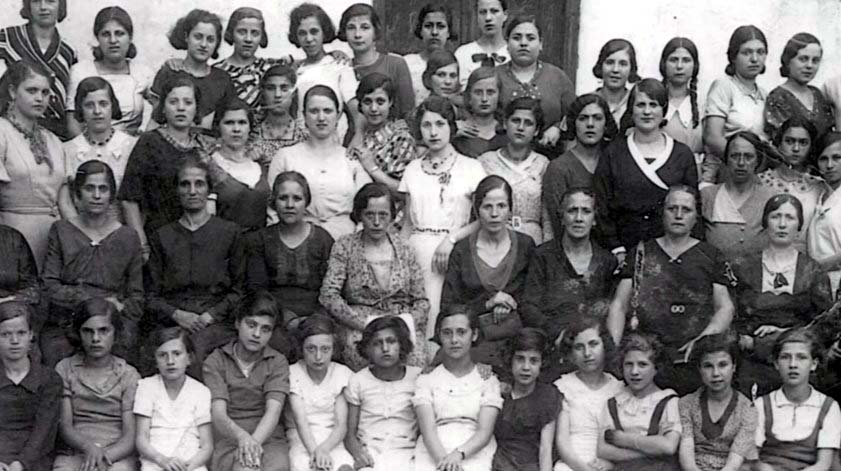 O lake, in your sweet waters
O lake, in your sweet waters
How many childish dreams washed away
-Ah, how the past is rosy
In memory of the giant wings
But when I'm sad the past is dead
How do I feel that you are weeping, O lake, my dear
The ecstatic look of imagination.
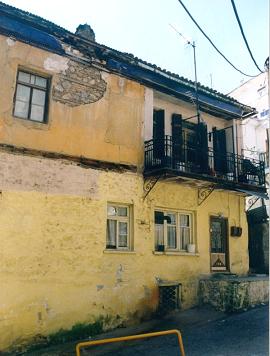
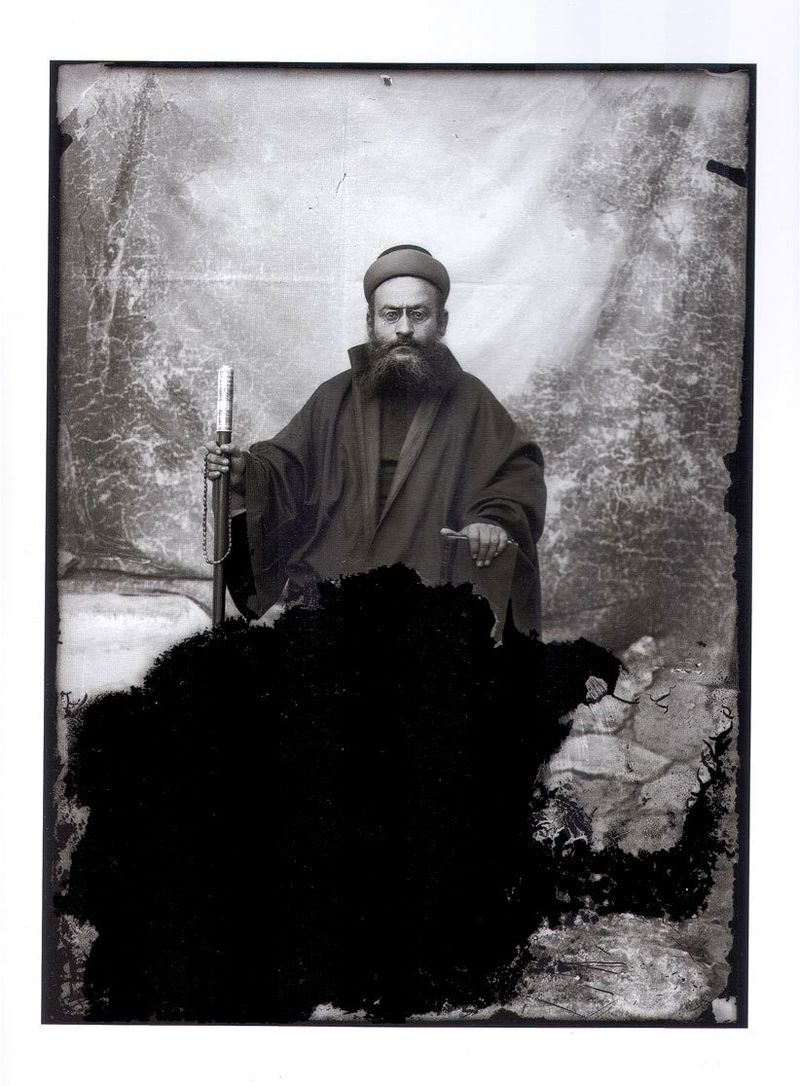 The verses of the Greek-Jewish poet Yosef Eligias, about another lake, Pamvotida, seem to fit perfectly, in the Israelite Community of this picturesque city of western Macedonia, Kastoria. There, the settlement of Greek-speaking Jews from the 10th century is witnessed, who quickly formed a Romaniotic community. A community that acquired not only economic power, bringing forth great merchants, but also spiritual brilliance, bringing forth great rabbis, Torah scholars, the most important of whom is Tobiah ben Eliezer.
The verses of the Greek-Jewish poet Yosef Eligias, about another lake, Pamvotida, seem to fit perfectly, in the Israelite Community of this picturesque city of western Macedonia, Kastoria. There, the settlement of Greek-speaking Jews from the 10th century is witnessed, who quickly formed a Romaniotic community. A community that acquired not only economic power, bringing forth great merchants, but also spiritual brilliance, bringing forth great rabbis, Torah scholars, the most important of whom is Tobiah ben Eliezer.
In the middle of the 15th century, a large part of the members of the community settled in Balatas of Constantinople. This relocation met with the favor of Muhammad himself, who sought to enrich the depopulated City with a healthy and prosperous element. The Kastorian Jews settled in Eptalofos, as "surgunlous", i.e. as forced settlers, they built their own Synagogue and for a period the whole of Balatas was called Kastoria. Bayezid's proposal to settle Jews in the Ottoman Empire after their expulsion from the Iberian Peninsula brought many Sephardim to Kastoria.
In the 1550s, a new community had already formed, of Spanish-speaking as well as Italian-speaking fugitives. In the following centuries, the Jews of Kastoria will approach one tenth of the total population of the city. The majority of the members of the Jewish community were itinerant petty traders and artisans. But there were also several large merchants, with a leading position both in the community offices and in the local society, whose businesses were spread over all the important financial centers of Europe at the time (Vienna, Budapest, Dresden).
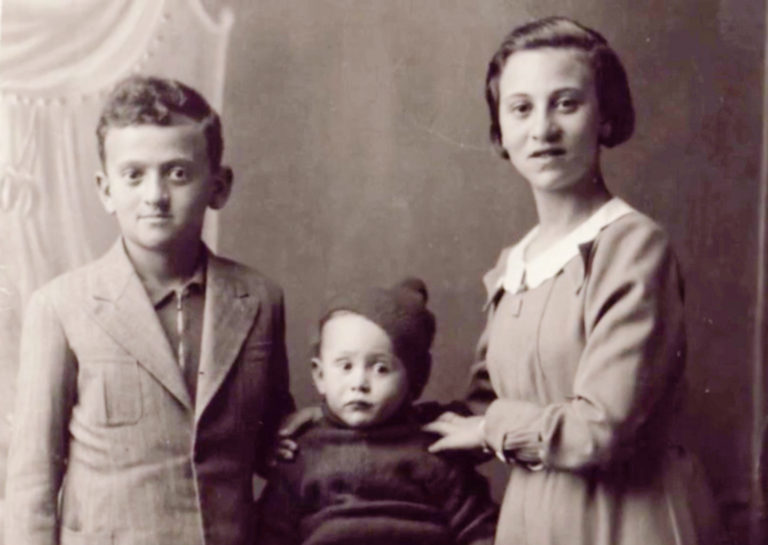 In 1830, the last-chronologically-Synagogue of Kastoria, Beth Kal, was built, sponsored by Senor Sacco, Isaac Bohor and Moises Rousseau, replacing some other smaller synagogues, which were mainly destroyed by fires. Outside the building of the Synagogue there was the ritual bath, Mikveh and in the back the Greek-Israeli school.
In 1830, the last-chronologically-Synagogue of Kastoria, Beth Kal, was built, sponsored by Senor Sacco, Isaac Bohor and Moises Rousseau, replacing some other smaller synagogues, which were mainly destroyed by fires. Outside the building of the Synagogue there was the ritual bath, Mikveh and in the back the Greek-Israeli school.
After 1912, with the integration of the city into the Greek territory, the Jews of Kastoria, are settled mainly in the Tsarsi district and are active in commercial businesses of fabrics, glassware, novelties, but there are also owners of pastry shops, grocery stores, etc.
OCCUPATION
After 1941 and until the capitulation of Italy, in whose zone of influence Kastoria belonged, the Jews lived two "calm" years. In September 1943, the Germans entered the city. On the eve of Yom Kippur - in accordance with the standard German ploy of choosing major Jewish holidays to enforce anti-Semitic measures - the community is asked to pay a substantial sum of money in retaliation for the escape of some young people to the mountain. Berry Nahmia, in her book, mentions that another German trick was the sending of fake letters that were supposedly written by relatives allegedly settled in Poland, with the aim of reassuring the Jewish community.
On the night of March 24, 1944, the Jewish population of the city was arrested and imprisoned in the Girls' Gymnasium of Kastoria. Three days later, 763 people, along with a small number of Yugoslav Jews who had taken refuge in Kastoria, are driven by trucks to Thessaloniki and from there to Poland, the journey of no return.
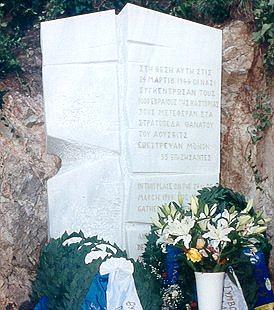 POST-WAR
POST-WAR
The Synagogue was demolished in 1948, the school a few years later. The community cemetery, at the source of Doblica, no longer exists.
Today, only one Jewish family lives in the city. Fifty or so years later, no one seems to remember, or even worse, no one seems to know, that for a millennium a large Jewish community lived in this place.
In 1996, the Memorial to the Jewish Martyrs of Kastoria, victims of the Holocaust, was placed in a panoramic spot, with a wonderful view of the lake, on Merarchias Street.
The documentary "TREZOROS: The lost Jews of Kastoria”, which presents through personal testimonies and interviews the history and Holocaust of the Kastorian Jews.
Related:
ERAN – JEWISH MUSEUM OF KASTORIA. Digital historical exhibition.
